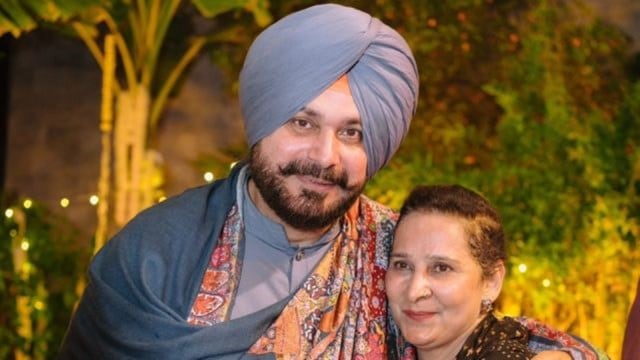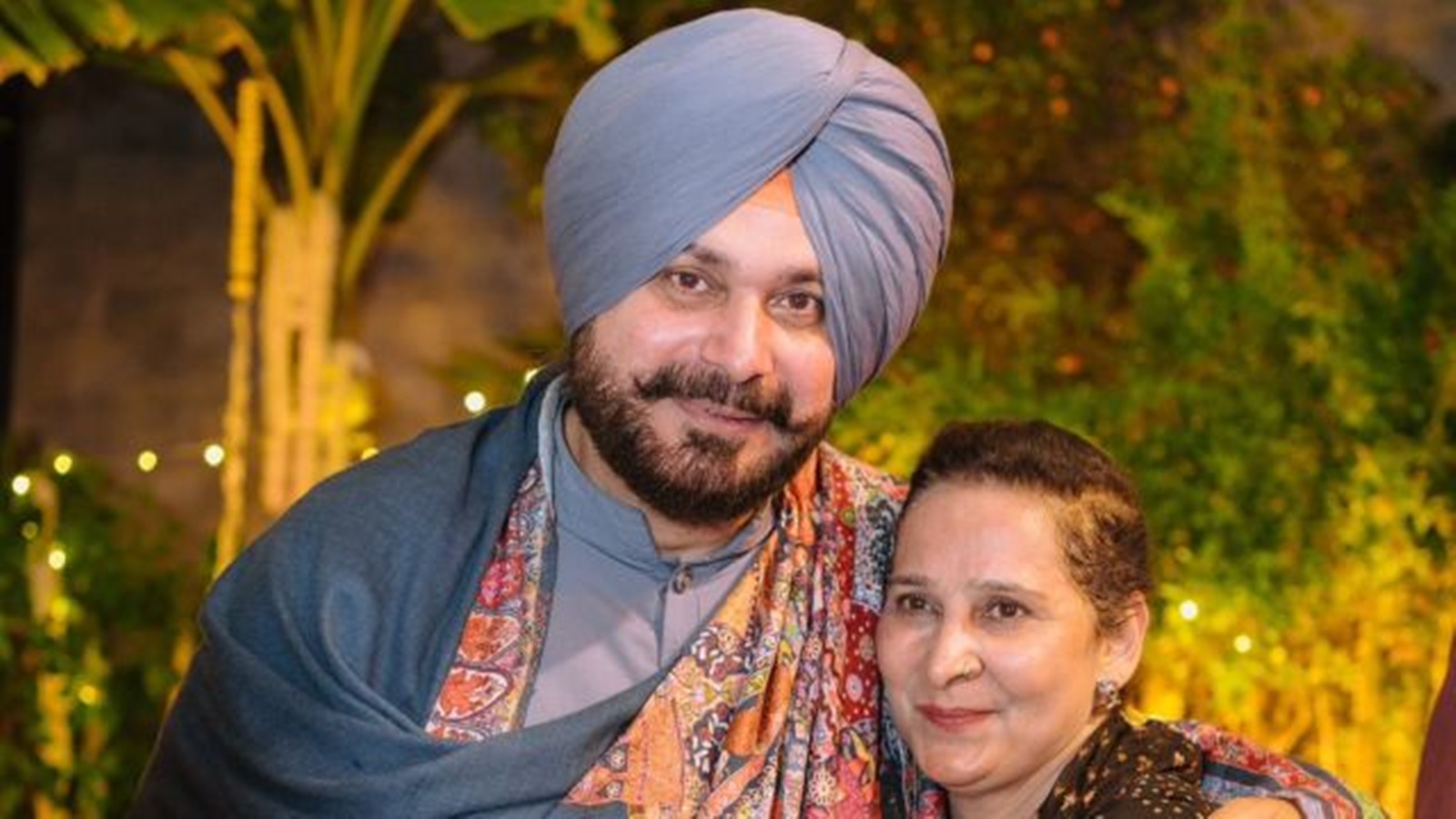

Ramesh Sarin
Nov 25, 2024 12:38 IST First published on: Nov 25, 2024 at 12:08 IST
Breast cancer is the most common cancer among women in India, accounting for 28.2 per cent of all cancers that affect them. According to the Indian Council of Medical Research (ICMR), the five-year survival rate is 66.4 per cent, compared to 90.2 per cent in developed countries like the US, largely because of lack of access to early diagnosis and care. Although the number of patients continues to increase because of awareness and reporting, evidence-backed treatments are curing the disease and prolonging lives.
I have cited statistics of breast cancer because that’s what cricketer Navjot Singh Sidhu’s wife suffered from and who, he claims, has recovered with alternative therapies like fasting, going off sugar and dairy and having neem and lemon water. Had cancer cure been possible with these therapies, and there was scientific evidence establishing a direct link, then we would not have seen so many women patients, with their age profile becoming younger. That is why in this country, where there is already scepticism about and deep distrust of scientific systems of treatment across cross-sections of society, such statements by celebrities do more harm than good.
Now let me talk about how science has helped people survive cancer. From chemotherapy and immunotherapy to hormonal and targetted therapies, the five-year cancer survival rate has gone up from 20 per cent to now between 70 and 90 per cent, depending on type and severity. The survival rate of children with blood cancers has gone up from 10 per cent to 50 and 90 per cent, depending on their condition. All this has been possible because of 100 years of continuous research, experiments, clinical trials, correction and analysing the efficacy of outcomes over decades. In 1882, William Halsted performed the first radical mastectomy to treat breast cancer. The first chemotherapy was used in 1943 and radiation therapy in the 1900s. The novel CART-T cell therapy has even caused remission of blood cancers. Between 2016 and 2020, the total investment in cancer research was about US$24.5 billion. Surely this would not have been possible if the results didn’t hold and change people’s lives.
Also, people need to understand certain bare facts. Nobody can be declared clinically-free of breast cancer until they have cleared the five to 10-year threshold.
Next come trials, which are meticulous and thorough. When we do randomised scientific studies, we usually compare two sets of patients at the same stage of cancer. One group is subjected to standard therapies in use while the other group is given standard therapies and something which worked in animal studies. They are then followed up for a minimum of two years and more. If successful, the trials are extended to include human subjects in larger numbers, across geographies and sometimes across different gene pools. A successful trial is then observed again before a drug protocol is even suggested, with intervention at each stage guided by the body of evidence.
A lot of factors come into play when you are experimenting with a cancer cell sample in a petri dish. Even if results hold in animal studies, they often do not hold with the same efficacy in human trials. So we cannot undo the success rate of science or substitute them with diet therapies, none of which has gone through large randomised trials. Small studies have been done and continue to be done in very small groups of people but the results have been pyrrhic and not warranted a drastic change in therapy protocol.
Since diet has a metabolic response, it may have some effect on cancer cells but won’t be a cure. You need scientific treatments to target cancer cells. That’s why diet can only be a complementary therapy, based on the fact that eating clean not only enhances well-being, like reducing obesity and diabetes, but in cancer patients, helping them in convalescence. Chemotherapy continues to have side effects and intermittent fasting or calorie deficit cannot be recommended for all patients, especially those who have cancers of the oesophagus, gall bladder and stomach, and are generally emaciated. If you ask them to fast, they will collapse and their muscles waste away.
Cancer science is defined and works on a case-specific basis. A 40 year-old patient with metastatic cancer will have different therapy needs than their 70-year-old counterpart with other risk factors. The success of a singular case cannot be generalised for everybody else.
most read
Oncologists are not enemies of emerging therapy prospects, provided the studies are conducted in an ethical manner, the results are saved over years and decades, not just five months, there is record-keeping by researchers and doctors (patients do not come forward to report progress and families are angry at doctors when they die) and the conclusions are published in peer-reviewed journals to make sure results aren’t fabricated.
There’s also ongoing research on supportive therapies. I attended a US breast cancer conference in San Antonio, Texas last year, where a large-scale study was presented on exercise reducing relapse by 30 per cent. It is now being figured out how to grade endurance among survivors. Currently, no diet study measures up.
The writer is a surgical oncologist at Indraprastha Apollo Hospital, New Delhi. She specialises in breast cancer


